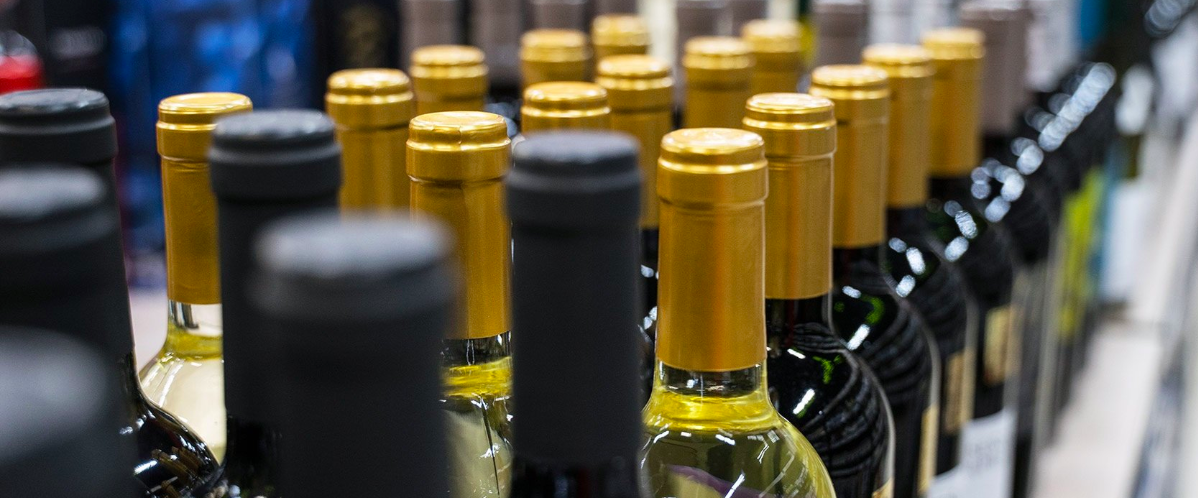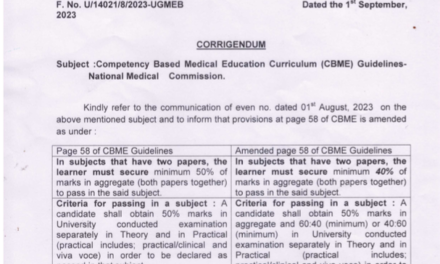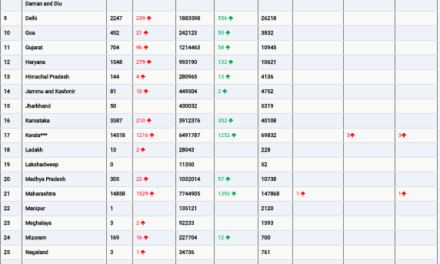Calls intensify to address normalization of drinking and downplaying of alcohol’s health risks
Public health experts are urging for a ban on alcohol industry-funded education programs in UK universities and schools, contending that these initiatives normalize drinking habits while understating the long-term health hazards associated with alcohol consumption. The push for reform follows revelations from an investigation conducted by The BMJ, exposing the prevalence of such programs across educational institutions.
Among the highlighted initiatives are a “freshers’ week survival guide” tailored for university students and a theater-based educational program in schools, both financed by Diageo, a global titan in the alcoholic beverage industry.
The impetus for change gains momentum after a successful campaign in Ireland resulted in the removal of alcohol industry-funded educational programs from schools. However, in the UK, universities continue to embrace initiatives supported by Drinkaware, a charity funded by major alcohol producers, retailers, venues, and restaurant groups. These programs purportedly aim to educate students on “responsible” drinking practices.
In universities, Drinkaware materials are disseminated to students, encompassing tools such as a free cup to measure alcohol units and a wheel detailing the units and calories in popular beverages. The “freshers’ week survival guide” advises students to consume carbohydrates or protein before drinking and to hydrate adequately.
Responding to criticisms, Drinkaware asserts that their materials align with the guidelines set forth by the chief medical officer, emphasizing informed decision-making rather than abstinence from alcohol, which is viewed as a societal norm.
However, skeptics like Mark Petticrew from the London School of Hygiene and Tropical Medicine argue that these initiatives primarily focus on the short-term effects of alcohol consumption while neglecting the broader spectrum of alcohol-related harms, including cardiovascular diseases, cancers, and fetal alcohol spectrum disorders.
May van Schalkwyk, also from the London School of Hygiene and Tropical Medicine, highlights the selective quoting of the chief medical officer’s advice in Drinkaware materials, raising concerns about their accuracy and comprehensiveness.
Despite mounting pressure for regulatory action, the Department for Education maintains that universities operate autonomously, absolving the government of responsibility for reviewing materials distributed to students in England. Conversely, in Wales, universities are equipped with a toolkit, developed collaboratively by the Welsh government, NUS Wales, and Drinkaware, to assess student safety regarding alcohol consumption. However, critics like Mark Petticrew decry the toolkit as misleading, as it allegedly omits crucial information about alcohol-related risks.
Karen Tyrell, CEO of Drinkaware, defends the organization’s work in UK universities as a practical endeavor to mitigate alcohol-related harm. She emphasizes the importance of treating individuals as informed decision-makers while acknowledging alcohol’s entrenched role in society.
Nevertheless, concerns persist within the public health community regarding the efficacy and impartiality of industry-backed education programs. Professor John Holmes, specializing in alcohol policy at the University of Sheffield, underscores the need for well-designed and evaluated programs alongside broader measures such as price regulation, restricted availability, and tighter marketing regulations.
In the absence of a blanket ban akin to Ireland’s approach, industry-funded alcohol education programs continue to operate in UK schools, raising questions about their impact and accountability within the broader context of public health advocacy.












